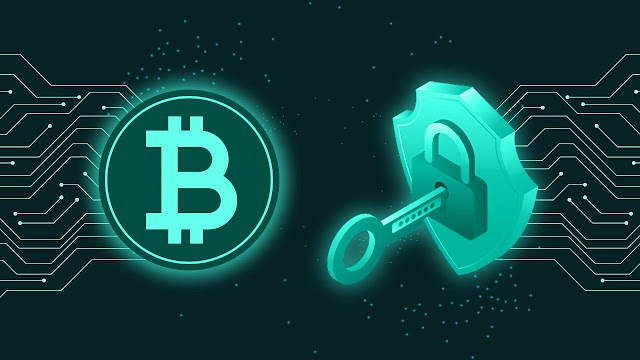How Online Education Will Change The Way Students Learn
The changes in education are affecting the way students learn. Online education is making it easier for people to get an education while keeping costs low. Adaptive learning and the rise of technology are also changing how students learn. This is causing an increase in the opportunity to study, but it is also making it difficult for people with lower academic abilities. However, the changes in education are good news.
Increased Opportunity For Study
In the past decade, online education has exploded. It is now a key contributor to higher education. Online education helps students complete coursework writing on the go and network with people across the globe. While it may seem like a simple solution, the truth is that online learning is unique in many ways. You should familiarise yourself with three primary terms: accelerated courses, open educational resources, and virtual office hours. The online classroom allows for a broader range of perspectives to be discussed.
This is especially important when students are learning about different cultures. You can develop new ideas by observing how other countries approach issues. Another benefit of online education is earning a degree without attending a brick-and-mortar school. This can lead to a promotion or increased wages. You can also continue working while studying. Online classes can also help you develop non-cognitive skills such as emotional and cultural intelligence. These skills will be critical in an interconnected global society.
Adaptive Learning
Adaptive e-learning has gained a lot of popularity in the past few years. It is the latest fad that promises to improve the quality of online education—one of how the technology works are by delivering personalised content. However, designing an adaptive e-learning system can be tricky. There are a few factors to consider to design a successful and user-friendly e-learning environment. First, you should know what kinds of learners you have. This will enable you to cater to their specific needs. Additionally, you should also know what content they're interested in.
Creating content based on what students want will increase the chances of their getting engaged. Another factor to consider is what type of learning method you choose. Many educational institutions are trying to adapt their teaching practices to fit the needs of individual students. A digital classroom may provide a different quality of instruction than a traditional classroom, but it can allow students to learn at their own pace.
More Cost-Effective Than Traditional Education
Traditional and online education are both popular options. Both have their pros and cons. Choosing the right one for you can be a difficult task. Considering how your schedule and lifestyle affect your schooling would be best. In addition, you may have to consider costs such as tuition, transportation, living expenses, and course materials. Online classes are often less expensive than traditional learning. Online courses are typically offered at the same price as in-person classes. There are also several scholarships for students taking online courses. Some schools offer discounts and other special offers.
Online education is especially beneficial to those who combine studies with a busy work or family life. Online learning allows you to take your time and complete the assignments at your own pace. It also eliminates the need for dorm rooms, transportation, and other expenses. Traditional education, on the other hand, can be expensive. The average student at a large private university spends between $30,000 and $50,000 on tuition.
Impact On Students With Lower Academic Ability
Most research on the impact of online education on students with lower academic ability is done on a course-by-course level. In the absence of larger samples of students in non-randomized settings, it is challenging to generalise findings. Online education is not the right way to learn for students with a history of emotional or dependency issues. The lack of one-on-one interaction with an instructor can inhibit the development of social skills and motivation. It also puts a more significant burden on students to be self-motivated and effective in class.
According to a study by the National Education Association and the National PTA, most students feel they are receiving a good education online. However, the students thought they needed a stronger connection with their instructors. In addition, the students reported lower grades and needed to be more engaged in follow-on coursework. This was particularly true for male and Black students.
Author Bio
Tobin John is a research-based content writer for Research Prospect. He provides ideas for dissertation topics, dissertation ideas and many more services to students of all levels, and their experts are all UK-qualified. Mr Tobin holds a PhD degree in mass communication. He loves to express his views on various issues, including education, technology, and more.




Comments
Post a Comment